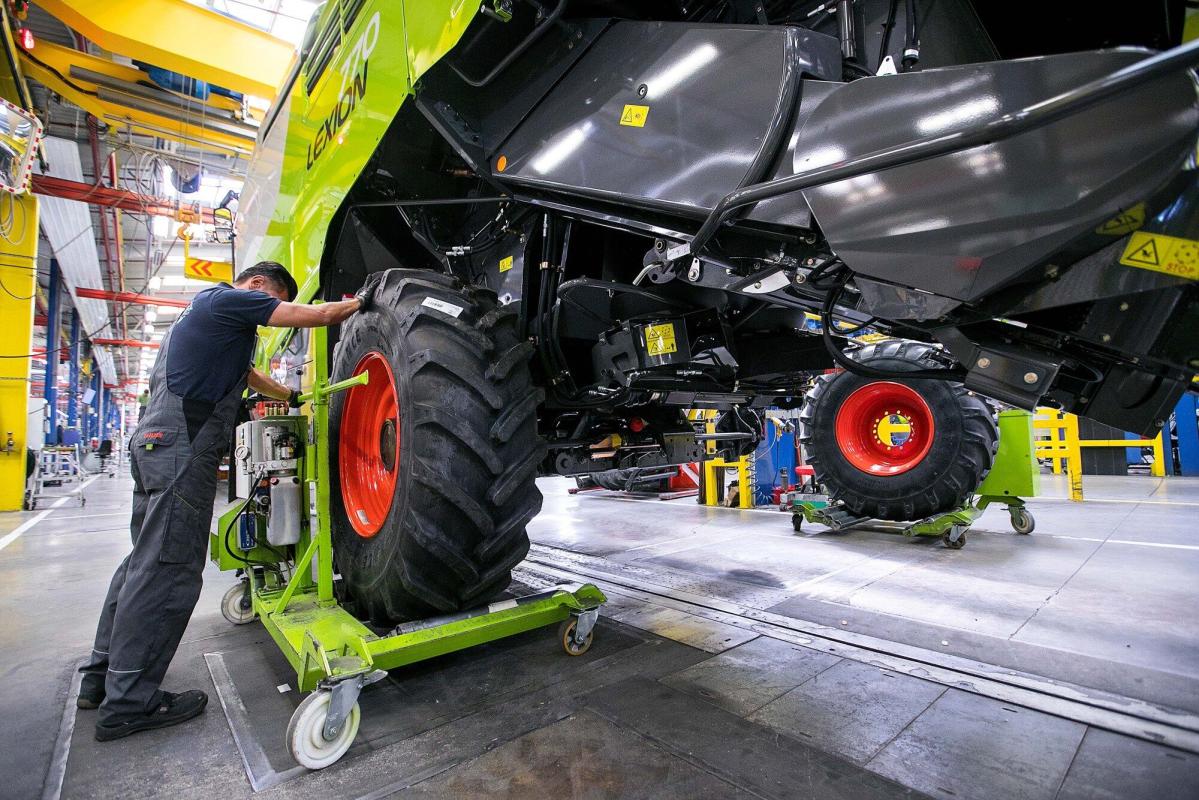

The German economy is facing contrasting economic outlooks. On one hand, factory orders rebounded partially in August, indicating a possible stabilization of the manufacturing sector amidst a global economic slowdown and higher interest rates [2a5a8c90]. However, Germany's economy is projected to shrink this year due to waning demand for goods and services, and exports have dropped more than anticipated [2a5a8c90]. German manufacturers are also grappling with challenges such as the war in Ukraine, an aging workforce, and dependence on China. Despite these challenges, there is an opportunity for the German economy to regain its technological leadership through the green transition [2a5a8c90].
In addition to economic challenges, the German economy has also begun to depend on foreign workers. Foreign workers now represent about 15% of employees registered with social security, with sectors such as cleaning services, food processing, construction, tourism, and hospitality relying heavily on them [6b36ee3d]. The participation of foreigners in the workforce has been increasing, and labor immigration is viewed favorably as a way to address the impact of demographic change and maintain prosperity [6b36ee3d]. The arrival of foreigners has compensated for the decrease in German workers in sectors such as manufacturing and hospitality, and the German economy benefits from labor immigration [6b36ee3d]. However, there is a risk of losing attractiveness if Germany positions itself as anti-immigration [6b36ee3d].
The German economy is navigating through contrasting economic situations and manufacturing prospects, while also depending on foreign workers to sustain its workforce and address demographic challenges. It faces both challenges and opportunities in its path towards economic growth and stability.
However, there is a paradox in Germany's economic success and the discontent among its citizens. A Bloomberg opinion article highlights the factors contributing to Germany's wealth, such as its strong manufacturing sector and export-oriented economy [ed67937a]. However, it also points out the rising inequality and dissatisfaction among Germans, with stagnant wages, high living costs, and a lack of social mobility [ed67937a]. The article argues that Germany's economic model, which prioritizes stability and export competitiveness, has come at the expense of workers' well-being and social welfare [ed67937a]. To address these issues, the article suggests a shift towards a more inclusive and equitable economic system [ed67937a].
Germany's economic success and social discontent present a complex situation that requires careful consideration and action to ensure the well-being and prosperity of its citizens.